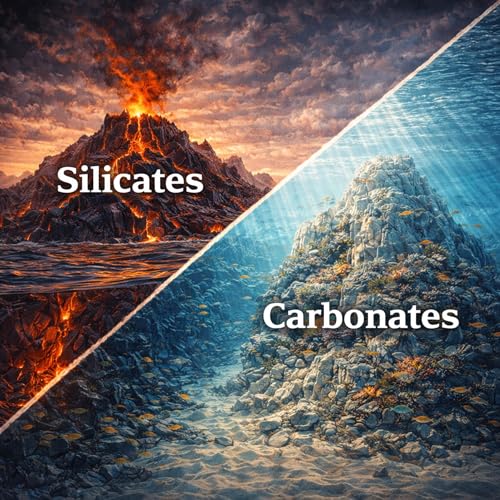Are we thinking about biochar financial strategy all wrong? It's not often a good fit for venture capital, but is it actually a great fit for private equity? It might be, at least if you can get the ticket size big enough...
Today's guest is Alastair Collier, Chief R&D Officer at A Healthier Earth, a biochar project developer that is a wholly-owned subsidiary of Pure DC, a data center project developer, who is supported by Oaktree Capital Management, a private equity firm (which in my understanding, does several other things beyond private equity.)
Alastair explains how A Healthier Earth went down this road, why he's okay with giving up ownership of his company and accepting a management compensation plan rather than looking to a venture-backed exit, and why more biochar project developers should obsess over conventional business metrics rather than why biochar is going to save the world.
Whether one wants to chart the same course or not, it's important for all those who work in carbon removal to know what kinds of deals are possible in what may prove to be a challenging 2026.
Listen up, as Alastair has a lot of valuable advice to share in this one.
This Episode's Sponsor
Philip Lee LLP: legal resources for carbon removal buyers and suppliers
Listen to the RCC episode with Ryan Covington from Philip Lee LLP
Resources
Become a paid subscriber of Reversing Climate Change
Subscribe to the Reversing Climate Change Substack
A Healthier Earth
Pure DC
Oatkree Capital Management
Wholly-owned subsidiary (I said "fully" in the intro, which is a synonym but "wholly" is technically more correct)
Private equity
Eddington (the newest Ari Aster film that features some of the politics of building data centers, albeit less urban...)
Deus ex machina
"The Biochar Blueprint: A developers guide to scale"
Philip Lee LLP
 10 mins
10 mins Feb 19 202628 mins
Feb 19 202628 mins Feb 12 202650 mins
Feb 12 202650 mins 58 mins
58 mins Jan 29 202658 mins
Jan 29 202658 mins 1 hr and 3 mins
1 hr and 3 mins 1 hr
1 hr 54 mins
54 mins
